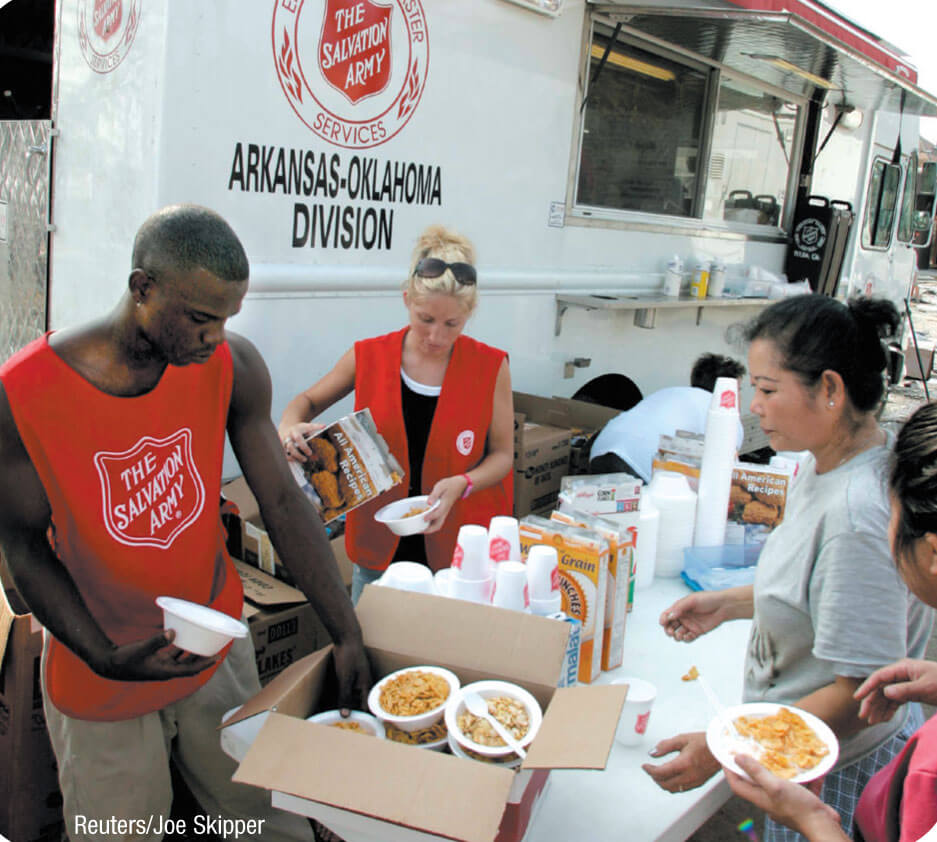
The gospel writer Luke confronts us repeatedly with questions of Jesus’ identity. Who is this person who breaks all the rules and seeks out those whom others wish to avoid? What kind of world will people inherit if others follow his path and break the rules of tradition and culture? In Sunday’s gospel we glimpse the world that Jesus envisions.
Luke has Jesus deliver his teaching about the beatitudes just after he names the twelve apostles. As he teaches, we see Jesus standing on level ground and addressing not only a crowd of disciples but people from Jerusalem and Judea in southern Israel and people from Tyre and Sidon north of Galilee. This scene tells us that Jesus is not gathering together an exclusive assembly, open only to insiders. Jesus gathers in and includes everyone present.
Jesus’ words are not gentle and subdued. Luke does not depict Jesus in pastel colors. His speech is a strident warning about the danger inherent in prosperity and abundance, a theme to which the gospel of Luke returns again and again.
In no uncertain terms Jesus declares that abundance is not blessedness, a shocking idea then and now. Jesus overturns the popular and comfortable idea that poor people somehow bring on their own circumstances and that rich people deserve their abundance.
Furthermore, Jesus regards those who hear this message not as innocent bystanders but as responsible participants in remaking the world. We must include people who are poor, who are hungering, who are weeping in our lives or stand under the indictment of Jesus’ prophetic woes.
- How does this gospel affect how you define blessedness?
- Who in our time do Jesus’ beatitudes proclaim blessed?
- How are you blessed in any of these catagories?
Sunday’s gospel is unsettling for those of us living safe and snug lives. Jesus wants us to see that God does not will that people’s life circumstances defeat them. We must not lift up poverty as something ennobling, and therefore, good for those who suffer it.
Those who are poor, who are hungering, who weep must rely on God’s mercy. They have no other recourse, no other place of comfort. There is nothing for them in this world. In proclaiming them blessed, Jesus affirms that God hears and includes them. They can rely on God’s mercy.
In the world that Jesus is remaking, the poor are role models because they must turn to God for their comfort and relief as they suffer the real-life experience of hunger, poverty, fear, and powerlessness. Their suffering is not abstract.
We cannot hold the person who suffers at a comfortable arm’s length. Hunger hurts; poverty hurts. Jesus says, “Blessed are you who are hungering NOW…” Jesus’ words give poverty, hunger, and sorrow an immediacy meant to grab our attention.
In the world that Jesus is remaking, the rich are filled with woe because they turn to possessions and power for their comfort. But these comforts are fleeting.
- How do you respond to the challenge in Jesus’ blessings and woes?
- What woes do you experience in abundance?
Jesus reminds us what heeding his words and including the poor in our lives will cost. When we turn away from the status quo, there is a penalty. Jesus says, “Blessed are you when people hate you, and when they exclude you, revile you, and defame you.” These harsh verbs describe what can happen to those who try to live into and help build the world that Jesus is remaking.
The world that Jesus envisions redefines poverty and abundance. He invites us to leave the world of abundance and invites us to enter the world of justice, to care for and lift up those who are poor, hungering, and weeping now. Our true inheritance from Jesus is a world in which we gather every person in, where we honor all, and waste no one or nothing.
Currently we are celebrating the longest season of the Church year — Sundays of Ordinary Time. In the beatitudes Jesus envisions everyday life transformed. He challenges us to remake our world, to live out the promise of his love through re-thinking how we understand security, comfort, charity, and justice. He challenges us to leave the world of complacency.
Such a life requires great hope in the promise of God’s strength and abiding love. Such a life requires openness to God’s grace, reshaping our priorities.
Such a life requires a belief that in Christ the world will be made new and in this new world, no person will lack adequate food, shelter, and comfort. Such a life requires the belief that in this new world, every thing, every person, and every experience will be useful. Nothing and no one will be wasted.
- How do you speak about those who have less than you have?
- When have people with less felt a burden to you? When have people who are poor, hungering, or weeping blessed you?
- What concrete actions can you do this week to share what you have with those who have less?
